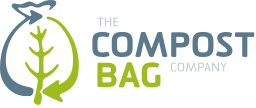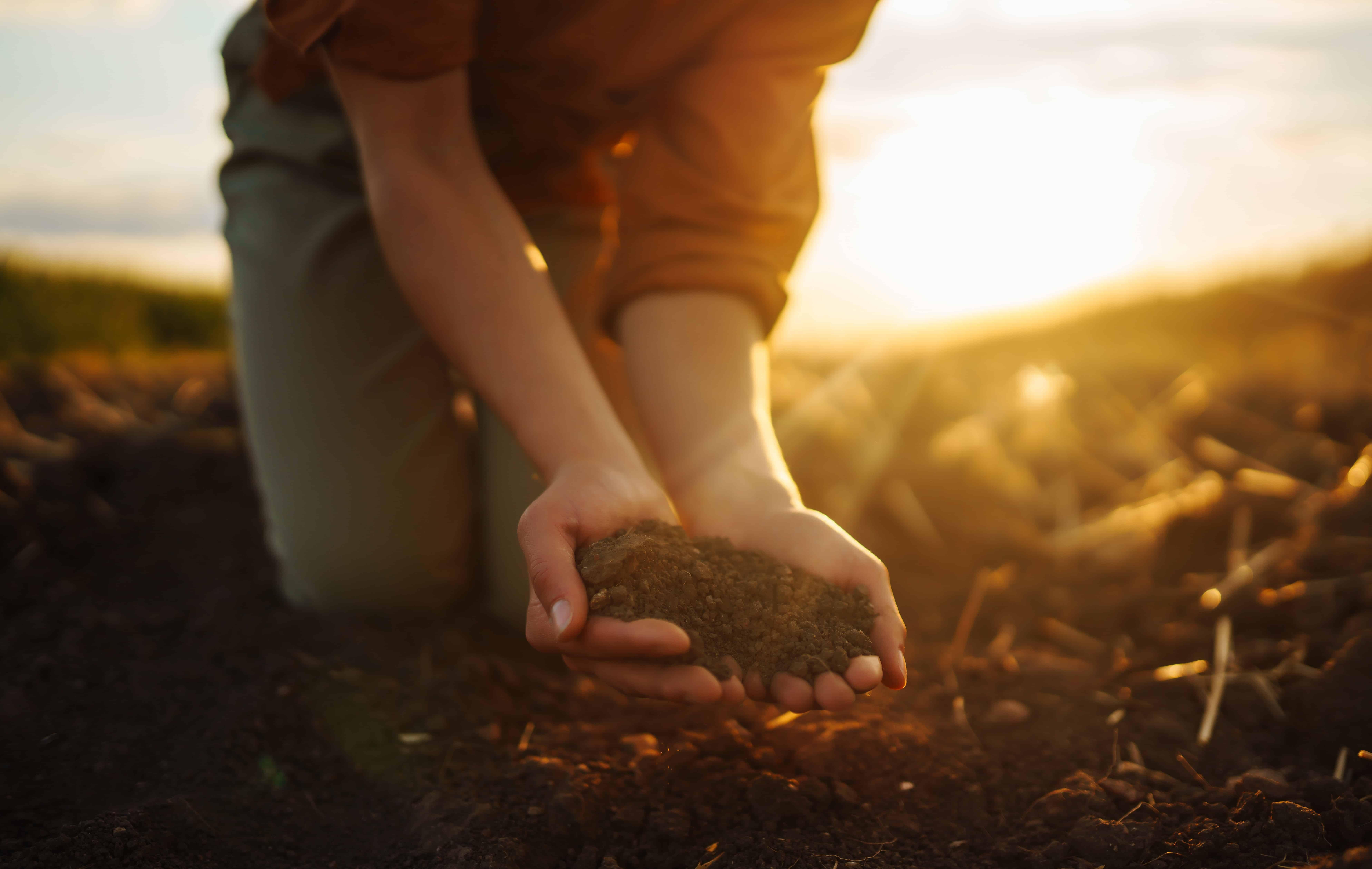From Cardoon Thistle to Compost Bag
Written by Jef Frooninckx

At the heart of Compost Bag’s sustainability mission lies an unlikely hero: the humble cardoon thistle. This unassuming plant, native to the rocky soils of Sardinia, forms the backbone of our compostable bags, offering a wealth of ecological and economic benefits.
In springtime, the cardoon thistle bursts into bloom with vibrant purple flowers, attracting vital pollinators like bees. Once the flowering season ends, what remains is a seed bulb brimming with oil-rich seeds. While unsuitable for food production, these seeds are the perfect raw material for bioplastics.
The cardoon thistle’s contributions don’t end there. Thriving effortlessly in arid conditions, these resilient plants require no additional irrigation or fertilization. Their deep roots penetrate the soil, ensuring access to water even in the driest of environments. And when harvest time arrives, every part of the plant is put to use.
A specialized harvester carefully collects the seed bulbs, while the remaining stalks are cut down to fuel biorefineries. Here, the seeds are pressed to extract oil, which is then transformed into bioplastics. Meanwhile, the remainders of the plant return to the soil, enriching it for future growth.
The benefits extend beyond ecological sustainability. In impoverished northern Sardinia, the cardoon thistle has become a catalyst for economic revitalization. What was once fallow land now teems with thriving fields of thistles, supporting the local workforce. Biorefineries hum with activity, processing the harvested plants into valuable bioplastics.
Furthermore, the cardoon thistle’s ecosystem services extend to local farmers, who benefit from increased bee activity and a supplementary source of income from honey production. The pressed seed residues return to them as nutrient-rich feed for their livestock, resulting in healthier animals and higher-quality dairy and meat products.
In essence, the story of the cardoon thistle is a testament to the power of sustainable agriculture and circular economies. From soil to seed to bag, every step of the process embodies our commitment to environmental stewardship and community prosperity.

06/04/2022
16/02/2024


